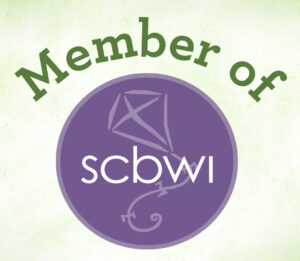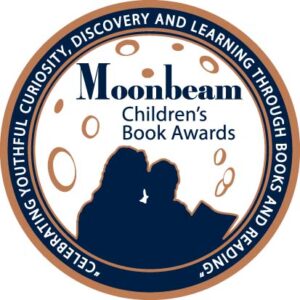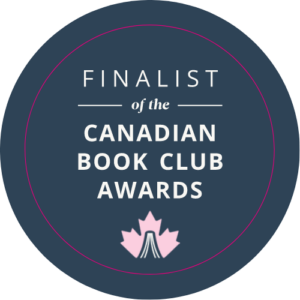For the past couple weeks as I’ve been cranking out chapters for my book (yikes! the manuscript is due in just over two months!), I’ve found myself knee deep in the issue of stereotypes, labels and assumptions. In fact, everywhere I look, it seems people are talking about the ill effects of trying to live up or be something you’re not, which is helpful since I’m trying to write a book about this….
For example, a quick visit to the Entertainment page on www.foxnews.com (yes, I like Fox News) rendered this random nugget from Sarah Michelle Geller, an actor who once played Buffy the Vampire Slayer, but whom I know from those Scooby Doo movies my kids like: “It’s hard. You are constantly someone else and it is hard spending your life being someone else and projecting an image to really find yourself. It’s tough.”
Another good find is Jonalyn Grace Fincher’s (see her book to the right—it’s the one with the sparkly red cover) tackling of stereotypes, which she calls “corsets,” which is perfect, at least for women. She writes, in Ruby Slippers: How the Soul of a Woman Brings Her Home: “Femininity becomes a corset that we stuff our souls into and hope the hooks don’t bust open and reveal who we really are.”
Of course, I think this fits so much of how we moms (and apparently starlets) feel, that motherhood is something we need to stuff our real selves into—or get stuffed into. But are we hoping the hooks don’t bust open or do we really want them to? I think we’re all longing to break free from those corsets (as does Jonalyn, by the way, since quoting her out of context like I did doesn’t really explain her view), but find it “easier” sometimes to get squished into the shape we’re supposed to be.
Thoughts?










Caryn – Your comment about stereotypes makes me think that stereotypes of moms/women often parallels the dynamics in racial/ethnic stereotypes. And it’s even more compounded for moms/women who are ethnic/racial minorities, because there are cultural expectations both from one’s own culture as well as stereotypes in the majority culture. Check out the book More Than Serving Tea (IVP) about the experiences of Asian American women – there’s a chapter about stereotypes, and one of the coauthors (Kathy Khang) would be an especially good resource for you in terms of the tensions and expectations she experiences as a bicultural Korean American mom. Kathy’s in the northern Chicago suburbs, so let me know if you want me to put you in touch with her. She and her coauthors also blog at morethanservingtea.blogspot.com.